
This logo isn't an ad or affiliate link. It's an organization that shares in our mission, and empowered the authors to share their insights in Byte form.
Rumie vets Bytes for compliance with our
Standards.
The organization is responsible for the completeness and reliability of the content.
Learn more
about how Rumie works with partners.
Did you ever sit through an entire class or meeting and leave feeling as though you didn’t pay attention as much as you could have?

Focused attention is your brain’s ability to concentrate on something for any period of time. The problem is, what you're trying to focus on is never the only thing competing for your attention.
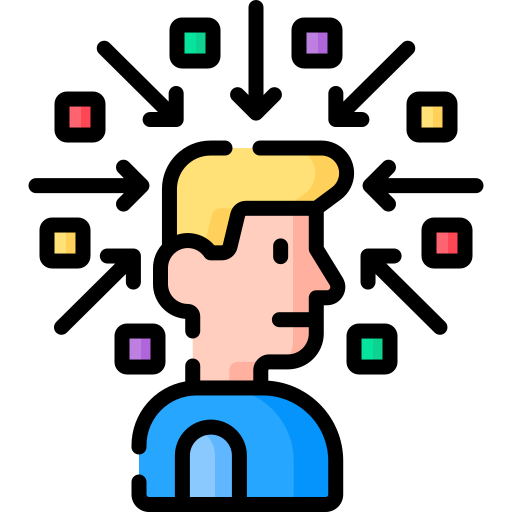
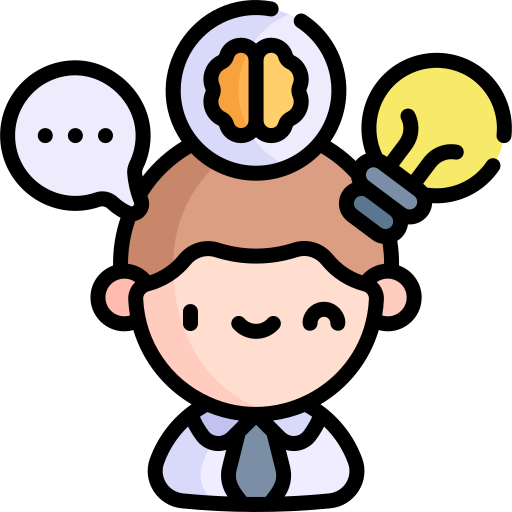
Learn how external and internal stimuli affect your focus so that you can better control distractions and increase productivity in your daily tasks.
How does stimuli affect your ability to concentrate?
Both external and internal stimuli can affect focus and concentration in different ways.
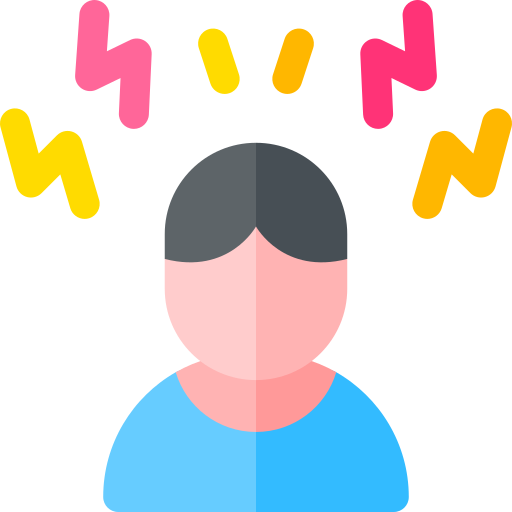
Some stimuli, such as background noise or bright lights, could distract you from your target of attention and reduce focus and concentration.
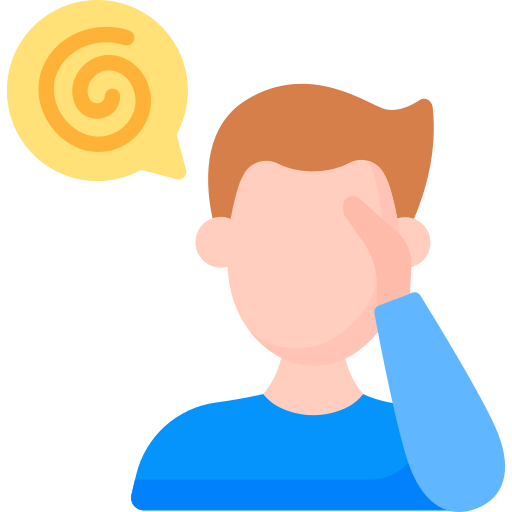
To a greater degree, stimuli could interfere with your focus and concentration by creating confusion or overload. For example, a conversation behind you can take your focus off a speaker you are trying to learn from.
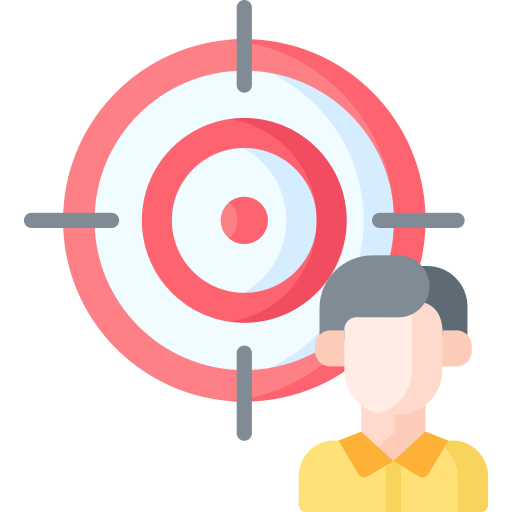
Other kinds of stimuli might enhance focus and concentration by providing motivation or cues to help you stay on task. For example, a handout or meeting agenda can be used to take notes, or a timer for personal study can keep you on task.
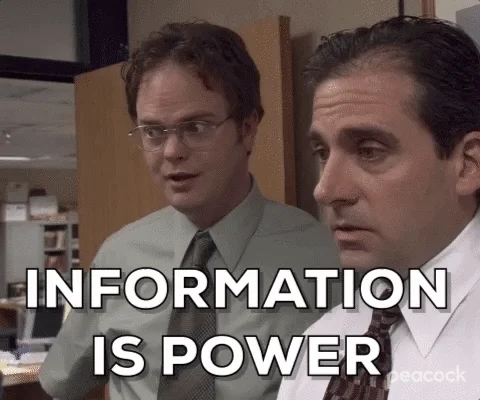
Everyone is different, and the effects of stimuli can vary from person to person based on mood, personality, or personal preferences. It’s important to learn how stimuli does or doesn’t affect you so that you can maximize your ability to focus when you need to.
Quiz
Which of the following are examples of external stimuli that might affect your concentration? Select all that apply:
All of these are examples of external stimuli except for fighting the urge to yawn. Fatigue and lack of sleep can be a distraction, but it is a biological one that is internal.
Hack #1: Control your environment before it controls you
If you need to be productive, it’s important to set yourself up for success when you choose your workplace. The following examples of external stimuli can affect your productivity if you don't control them appropriately.
Is your workspace or desk cluttered?
If the area around you is messy, it can make you feel anxious or stressed. Get rid of anything that you don’t need for the task at hand.
 Photo by Angel Balashev on Unsplash
Photo by Angel Balashev on UnsplashOrganize your stuff so that the documents, resources, or files you need are easy to access and you don’t have to stop and dig for them.
Is it too bright or too warm in your workspace?
Adjust the light and temperature to optimize your alertness.
Without enough lighting, you’ll have to strain your eyes and can get frustrated.
If it’s too warm, you might get sleepy. If it’s too cold, you might be too uncomfortable to concentrate.
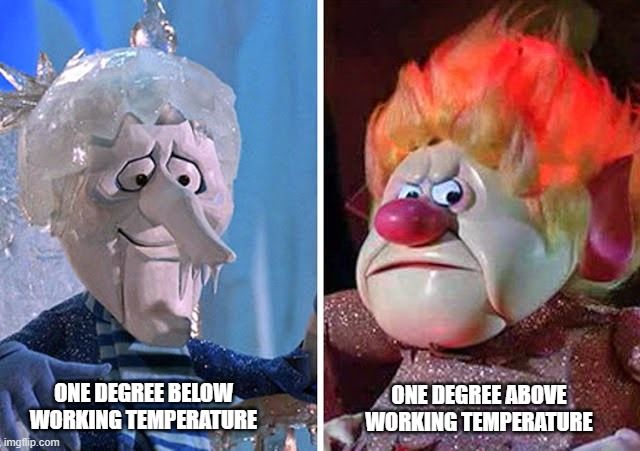
Make sure you have natural or warm lighting when possible and moderate the temperature so that you’re as comfortable as possible.
Do you associate your workspace with work?
If possible, find a work or study space that is designated for productivity. If you try to get work done in a space where you do other things, it's harder to change gears or keep from being distracted.

Just paying attention to these small details in your environment can help you feel more motivated and focused.
Hack #2: Block out what you don't need
Background noise and other distractions are examples of external stimuli that can get in the way of your concentration. Sometimes it helps to physically shut off distractions when possible.
For instance, use headphones or earplugs to block out background noise when you really need to concentrate. You can do this in a busy office, in a crowded public place, or on public transportation. Just be sure to use them safely and never while you’re driving.
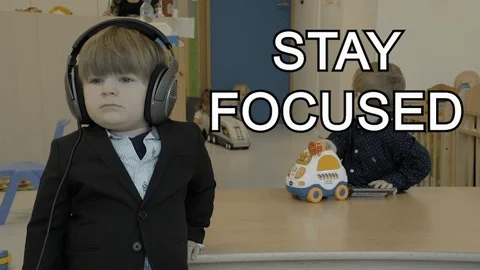
It’s also a good idea to turn off notifications on your electronic devices, at least for a specific time period when you need to be free of distractions. It’s easy to lose focus when a notification comes in that will be a temptation to open or check.
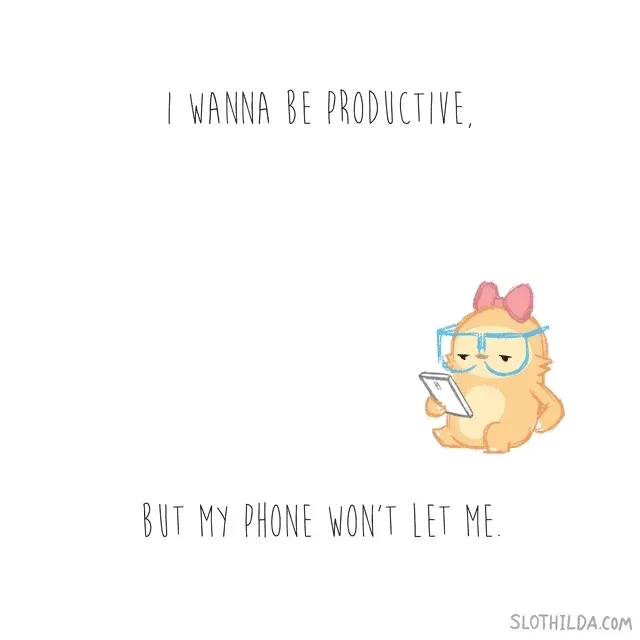 You can do this by:
You can do this by:
Using the notification settings on your device
Putting your device on airplane mode
Using an app or tool to block or limit access to distractions, such as Freedom or Cold Turkey Blocker.
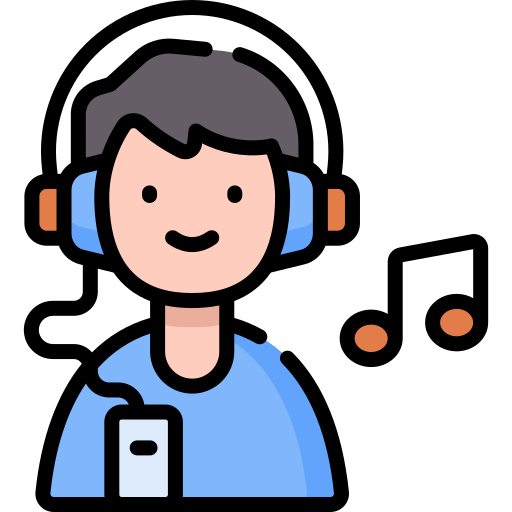
When listening to music to block out distractions, use criteria to keep it from being its own distraction. Music that helps concentration might include instrumental, classical, or ambient music without vocals.
However, this varies from person to person. Pay attention to what helps and hinders your concentration and adjust your routine accordingly.
Hack #3: Stop multitasking!
Everyone multitasks, and it might seem like a good way to get more done. However, it actually makes you less efficient and adds to your stress levels.
Switching back and forth between tasks drains your mental energy and causes you to lose focus. It’s much better to complete one task at time.
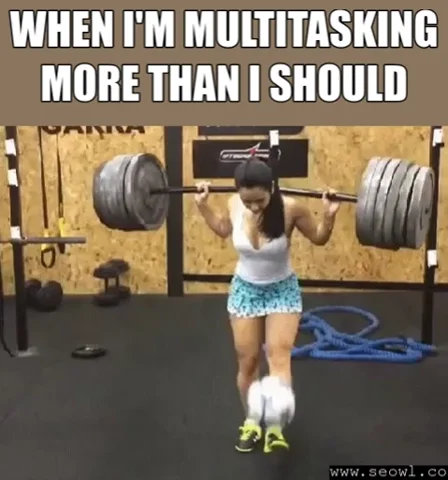
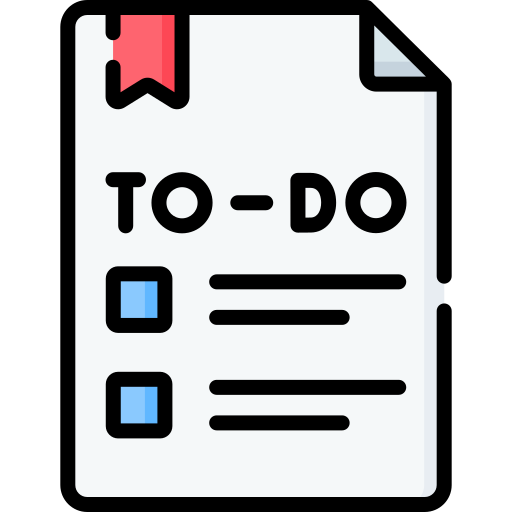
Remind yourself that you will get to the next task only when you’ve done everything you can to complete the task you’re on.
You can keep to-do lists on paper or use a digital app. Just make sure to keep the list specific and realistic.
Did you know?
The risks of multitasking while doing activities such as driving can be extremely dangerous, and most people overestimate their ability to multitask. In 2021, more than 3,500 drivers in the U.S. alone died in traffic accidents linked to distracted driving.
Quiz: Mike's Presentation
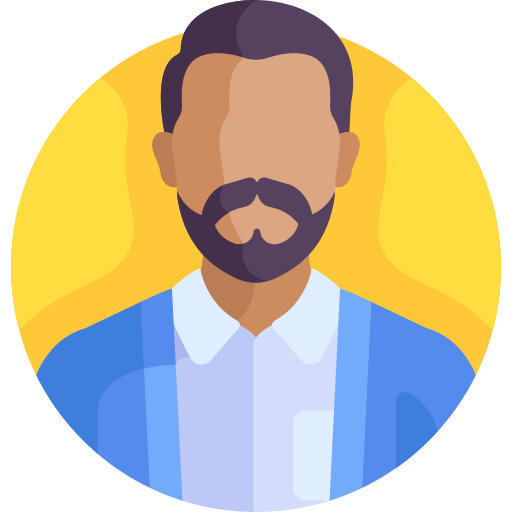
Mike has a major presentation due for class and needs to concentrate in order to prepare. He has a few different options of where he can work.
Which of his options sounds like it would be the least distracting?
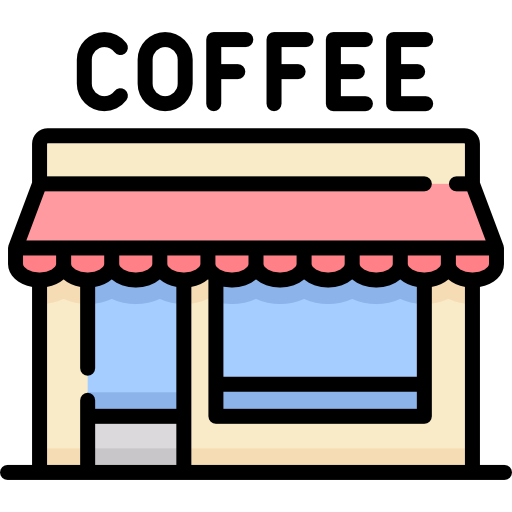 A. A busy nearby coffee shop with free Wifi
A. A busy nearby coffee shop with free Wifi
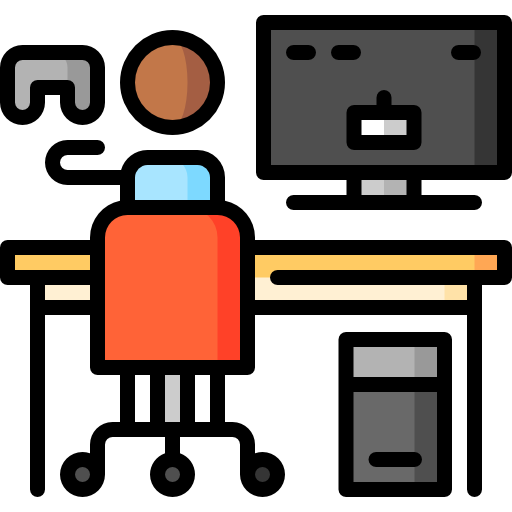 B. The table in his room with all gaming equipment pushed aside
B. The table in his room with all gaming equipment pushed aside
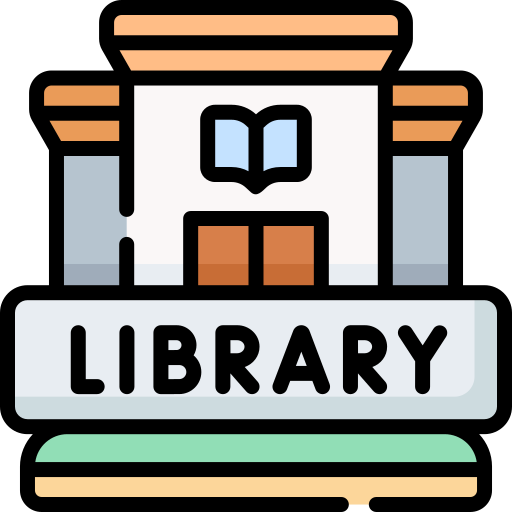 C. A cubicle in the library where others are studying nearby
C. A cubicle in the library where others are studying nearby
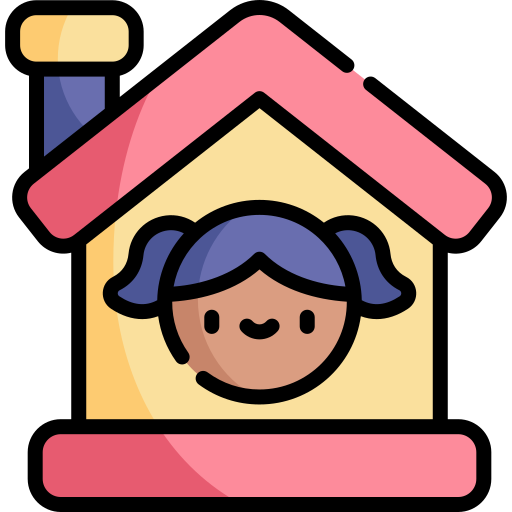 D. The dining room table while in the next room his niece is watching television
D. The dining room table while in the next room his niece is watching television
Quiz
Choose the best space for Mike
Although there are ways to limit the distractions in any of these options depending on Mike's personal preferences and needs, the library cubicle will probably have the least amount of distractions from noise, tempting activities, clutter, or interruption.
Hack #4: Practice mindfulness and balance
A healthy lifestyle, including getting adequate rest, staying hydrated, and getting a nutritious diet, can do wonders to help your concentration. Practicing mindfulness and finding balance for your healthy lifestyle includes:
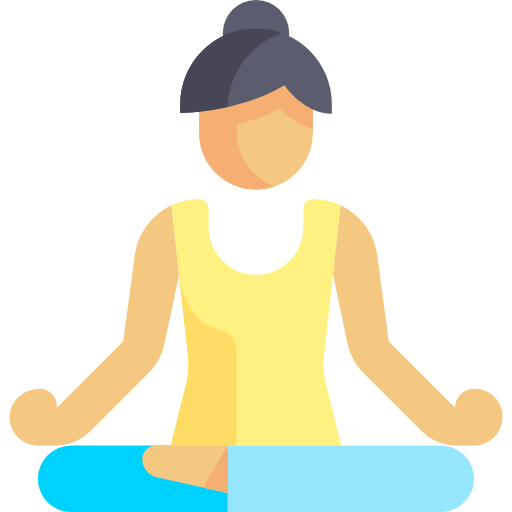
Meditation
This is a practice that involves focusing your attention on a single object, such as your breathing, a candle, or a word. You only have to start with a few minutes a day, and can gradually increase to help improve emotional regulation, concentration, and memory.
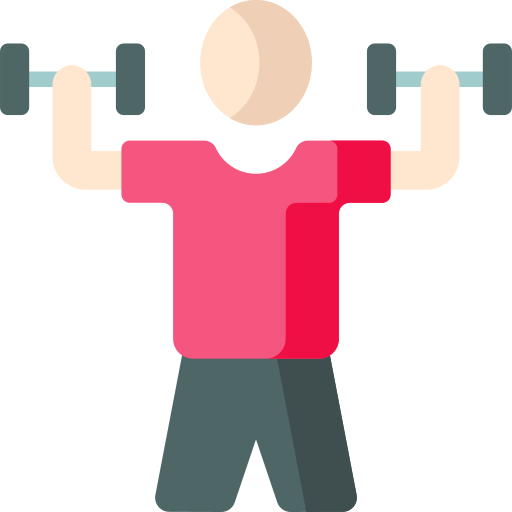
Regular Exercise
Physical activity can boost your mental performance by increasing oxygen and blood flow your brain and reducing stress. It can also improve your mood and energy levels, which can help you stay focused and motivated.
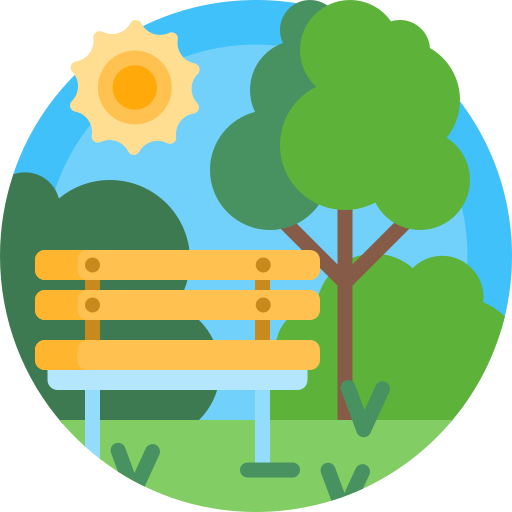
Nature
Spending time in nature can help you improve your concentration by reducing stress and improving mood as well. Research has shown that exposure to natural environments can enhance memory, attention, and problem-solving.
If you can’t concentrate, try going for a short walk or even just going outside for a quick break.
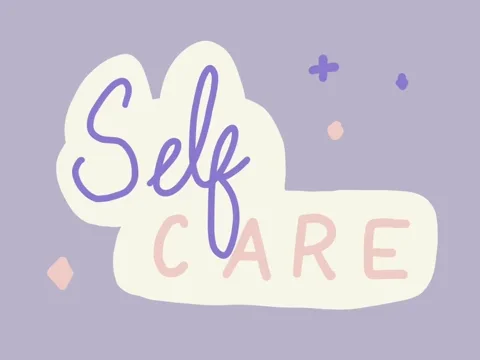
Hack #5: Find your productivity zone
Finally, one of the best ways to control distractions from stimuli is to discover your own productivity zone based on your personality and preferences. Pay attention to the times you are most productive and take note of the factors at play:
What time of day is it?
Do you prefer silence or background noise?
Can you focus better alone or with others?
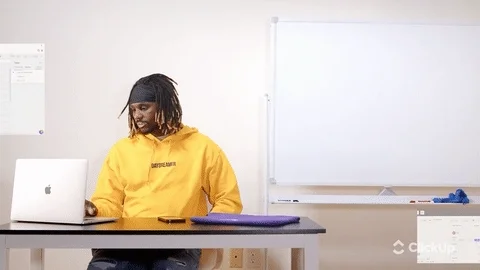
Some people can focus better in the morning, and others might be most productive at night when everyone else is asleep. If you're able to find your zone and schedule tasks within it to your advantage, do it!
Whatever your preferences, remember to take breaks from work or study to help prevent mental fatigue and stay focused.
How many breaks and how often can vary depending on the task and your preference.
Try to do something relaxing on breaks such as taking a walk, stretching, or listening to music.
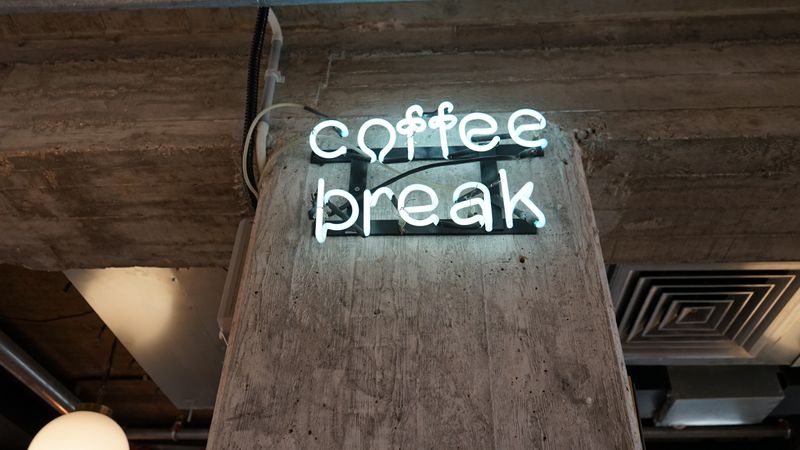
Scheduling tasks according to your energy and attention levels and choosing the right time and place can make a huge difference to your motivation and success.
Did you know?
Coffee anyone? Caffeineis a stimulant that can enhance your attention, alertness, and reaction time. However, too much caffeine can cause anxiety or, insomnia. The optimal dose of caffeine varies from person to person, but generally, the FDA recommends limiting your intake to no more than 400 milligrams per day, which is equivalent to about four cups of coffee.
Take Action
Everyone is different, but there are always adjustments we can make when we discover what helps most. Find your own concentration hacks based on when you’re most productive, and develop a plan to use them!
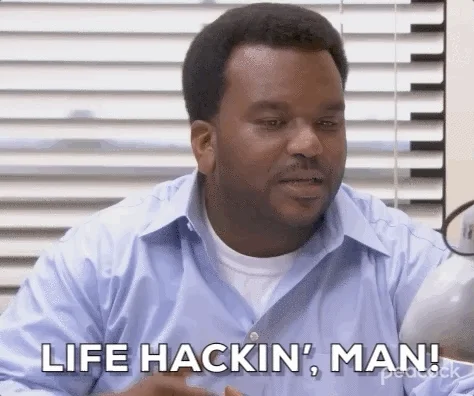
Check out more related Bytes on this topic:
This Byte has been authored by
Stacey Espiritu
Instructional Designer - Technical Training
MS Tech Communications